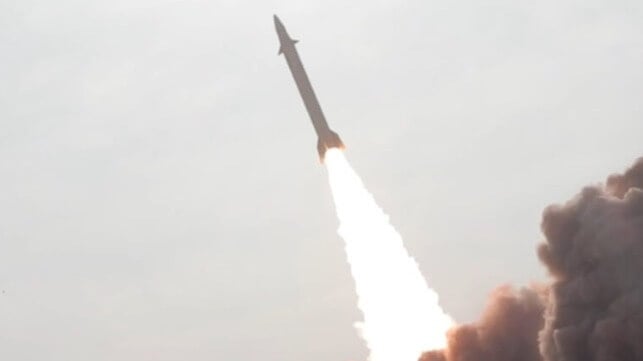Houthis Claim Retaliatory Attack on Maersk Ship and Israel’s Airport
Escalating Tensions: Houthi Attacks on Israel and Maritime Targets

Recent developments in the Middle East have heightened tensions between Israel and Houthi militants. Following a series of airstrikes by Israel targeting Houthi positions in Yemen, the militants have claimed to retaliate with attacks on both a containership and Israel’s Ben Gurion Airport. The situation is fluid, with conflicting reports emerging from both sides. This article delves into the details of these incidents and their implications for regional stability.
Houthi Claims of Attacks on Maritime Targets
On the heels of Israeli airstrikes that reportedly targeted Houthi assets, the militants announced they had struck back. They claimed responsibility for an attack on the containership Santa Ursula, a Danish-flagged vessel. The ship was sailing near Socotra Island in the Indian Ocean when it was allegedly targeted. Built in 2012 and previously operated by Hamburg Sud, the Santa Ursula has a capacity of 7,090 TEU and was en route to Salalah, Oman, after departing from Algeciras.
According to Houthi spokesperson Yahya Sare’e, the attack involved a drone strike. If confirmed, this would mark the first assault on a foreign-flagged vessel in the region in several weeks. However, Maersk, the company operating the vessel, quickly denied that any attack had occurred. Additionally, monitoring services, including the UK Maritime Trade Operations, reported no incidents involving the Santa Ursula.
This incident underscores the ongoing volatility in maritime security in the region. The Houthis have previously targeted shipping lanes, raising concerns about the safety of international maritime trade. As tensions escalate, the implications for shipping routes and regional stability remain significant. The international community is closely monitoring these developments, as any disruption could have far-reaching consequences for global trade.
Houthis Allow Salvage Crew & Ships To Access Oil Tanker They Set on Fire in The Red Sea
Missile Strikes and Israel’s Response
In a parallel development, the Houthis claimed to have launched hypersonic missiles targeting Ben Gurion Airport and the surrounding areas of Tel Aviv. They asserted that their missile successfully reached its target, resulting in casualties and a temporary halt to airport operations. However, the Israel Defense Forces (IDF) refuted these claims, stating that the missile was intercepted without causing any injuries.
As a precautionary measure, flights at Ben Gurion Airport were suspended for approximately 30 minutes. This incident highlights the ongoing threat posed by Houthi missile capabilities and their willingness to extend their reach beyond Yemen. Israeli Prime Minister Benjamin Netanyahu emphasized that the Houthis would remain a target for Israeli military operations, citing their repeated missile and drone attacks as justification for continued military action.
The situation reflects a broader pattern of escalating hostilities in the region. Israel’s military strategy appears focused on neutralizing threats from militant groups, while the Houthis demonstrate their capability to strike at distant targets. As both sides engage in this tit-for-tat exchange, the potential for further escalation looms large. The international community must remain vigilant as these developments unfold, as they could significantly impact regional security and stability.
